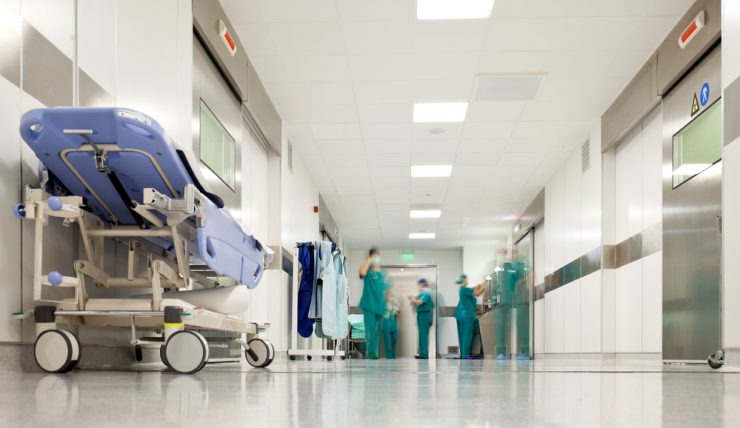The heart, like other organs, is in fact a muscle that constantly pumps out blood to the entire body. This pumping of blood can be measured in terms of pressure. There are two types of measurements.
Diastolic pressure: The pressure when the heart rests from pumping blood.
Systolic pressure: The pressure when the heart pumps blood to the body.
Blood pressure is the force exerted on the artery walls as blood flows through them. Its unit of measure is millimetres of mercury (mmHg). If your general practitioner states that the blood pressure is “110 over 90” or 110/90 mmHg, what he means is that the systolic pressure is 110 mmHg and the diastolic pressure is 90 mmHg. The systolic pressure is usually the higher of the two values and represented first.
Hypertension
High blood pressure or hypertension is when the blood pressure measures at 140/90 mmHg or more. Hypertension usually has no immediate symptoms or problems, but is a high risk factor to develop heart diseases or problems like stroke.
High blood pressure means that the heart has to pump harder for the blood to flow throughout the body. In due course, this leads to weakening of the heart muscles and may injure the artery walls, which could lead to splitting of the arteries (hemorrhage) or a blockage, both of which could cause a stroke.
Significant risk factors include
Poor diet.
Lack of exercise.
Age.
Excessive alcohol.
Obesity.
High cholesterol level in your blood.
Hypertension is mainly treated by lifestyle changes such as exercise and medicines. Symptoms of high blood pressure are
Nausea.
Drowsiness.
Dizziness.
Headaches that last for days.
Double or blurred vision.
Nosebleeds.
Palpitations or irregular heartbeat.
Shortness of breath.
In case one experiences any of these symptoms, one should see their general practitioner as soon as possible. If a person is diagnosed with high blood pressure, it is vital that they get checked on regular intervals. Grownups should have blood pressure checks once in at least five years, though it could be checked more often if prone to risk factors.
Treatment Of High Blood Pressure
As mentioned earlier, treatment for high blood pressure will depend on the blood pressure levels and the risk of developing a heart disease or complication.
If the blood pressure is a little high and there are no risk factors involved, then a simple lifestyle change such as diet and exercise can solve the problem.
If blood pressure is marginally high or your general practitioner feels that you are prone to heart disease, he will prescribe medicines along with requesting some lifestyle changes.
If the blood pressure is very high (180/110 or more), then a cardiologist or a heart specialist’s intervention is required.
Some of the lifestyle changes that help in blood pressure control are:
Regular walks for approximately 30 minutes, at least five times a week.
Moderate alcohol consumption.
Eat a balanced, low-fat diet.
Restrict salt consumption.
Lose weight if obese or overweight.
Restrict caffeine intake.








